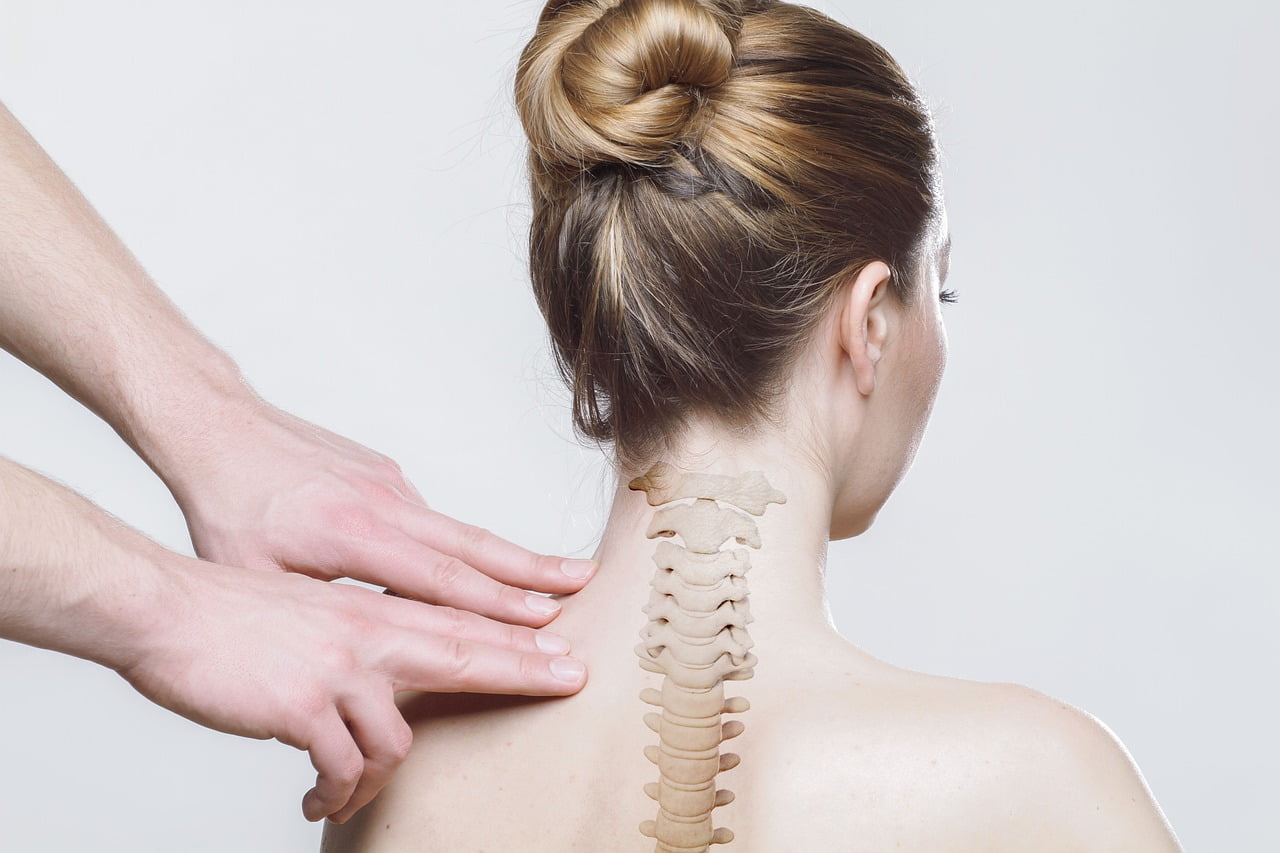Osteoporosis, a condition characterized by reduced bone density and increased bone fragility, poses a significant health concern, particularly among the aging population. In this article, we will delve into evidence-based new treatments for osteoporosis, promoting robust bone health as individuals age.
Understanding Osteoporosis
Osteoporosis results from an imbalance in bone remodeling, where bone resorption exceeds bone formation. Aging, hormonal changes, and insufficient intake of calcium and vitamin D are primary factors contributing to this condition. Understanding the mechanisms behind osteoporosis is crucial for developing effective treatment strategies.
Who is at Risk for Osteoporosis?
While anyone can develop osteoporosis, certain factors can increase your risk, including:
- Age: As we age, our bones become weaker and more prone to fractures.
- Gender: Women are more likely to develop osteoporosis than men.
- Family history: If you have a family history of osteoporosis, you may be at a higher risk.
- Hormonal changes: Women experience a significant decrease in estrogen during menopause, which can lead to bone loss.
- Lifestyle factors: Smoking, excessive alcohol consumption, and a sedentary lifestyle can increase your risk of developing osteoporosis.
Treatment Options
From medication and nutrition to regular exercise and fall prevention, a comprehensive strategy is vital for managing this bone health condition effectively. Here are some of the options you might want to consider:
- Medication
- Numerous medications have demonstrated efficacy in osteoporosis management. Bisphosphonates, such as alendronate and risedronate, inhibit bone resorption, while denosumab, a monoclonal antibody, targets osteoclast activity. Hormone-related therapies, including estrogen and selective estrogen receptor moduPoppinsrs (SERMs), are also prescribed based on individual health profiles.
- Nutrition and Supplements
- Calcium and vitamin D are integral to bone health. A well-balanced diet incorporating dairy products, leafy greens, and fortified foods ensures an adequate intake of these nutrients. In cases of deficiency, supplements are recommended, with dosages tailored to individual needs. Evidence supports the positive impact of sufficient calcium and vitamin D on bone mineral density.
- Regular Exercise
- Weight-bearing exercises, including walking, jogging, and resistance training, have demonstrated efficacy in improving bone density and strength. The mechanical stress generated during these activities stimulates bone formation. Personalized exercise regimens, developed in consultation with healthcare and fitness professionals, are essential for optimizing benefits.
- Fall Prevention
- Osteoporosis increases the susceptibility to fractures resulting from falls. Evidence-based fall prevention strategies include modifying the living environment to eliminate hazards, installing handrails, and ensuring adequate lighting. Regular eye examinations contribute to maintaining good vision and reducing the risk of accidents.
- Lifestyle Modifications
- Smoking and excessive alcohol consumption negatively impact bone health. Smoking inhibits bone formation, while alcohol interferes with bone metabolism. Lifestyle modifications, including smoking cessation and moderation of alcohol intake, are supported by research as effective measures for preserving bone density.
Emerging Therapies and Technologies in Osteoporosis Management:
As the field of osteoporosis research advances, new and innovative approaches are continually being explored to enhance treatment options and improve outcomes for individuals facing bone health challenges.
- Biologic Therapies
- Biologic therapies, such as osteoanabolic agents, are gaining attention for their potential to stimulate bone formation. These agents target specific pathways involved in bone metabolism, promoting bone growth. Early research suggests promising results, paving the way for more targeted and personalized osteoporosis treatments.
- Precision Medicine
- The concept of precision medicine is making its mark in osteoporosis management. By analyzing an individual’s genetic makeup, researchers aim to tailor treatment plans based on genetic predispositions to osteoporosis. This approach holds the promise of optimizing treatment outcomes and minimizing adverse effects.
- Virtual Reality Rehabilitation
- Virtual reality (VR) technologies are being explored as tools for rehabilitation in osteoporotic patients. VR-based exercises offer a novel and engaging way to improve balance, coordination, and overall mobility, reducing the risk of falls and fractures. These technologies may prove particularly beneficial for those unable to participate in traditional exercise programs.
- Nutraceuticals and Bone Health
- Nutraceuticals, bioactive compounds found in certain foods, are being investigated for their potential in promoting bone health. Substances such as collagen peptides, vitamin K2, and polyphenols show promise in supporting bone density and strength. Integrating these elements into dietary strategies may provide additional benefits in osteoporosis management.
- Telehealth for Osteoporosis Care
- Telehealth platforms are becoming increasingly valuable in managing osteoporosis, especially in remote or underserved areas. Virtual consultations, remote monitoring, and digital health tools empower individuals to actively participate in their bone health management. This accessibility can lead to more consistent and personalized care.
Takeaways
Osteoporosis is a common condition that affects many people as they age. Fortunately, there are various treatment options available to help manage and prevent osteoporosis. By working closely with your doctor and implementing lifestyle changes, you can maintain strong and healthy bones as you age. Remember to consult with your doctor before making any significant changes to your treatment plan or lifestyle.

